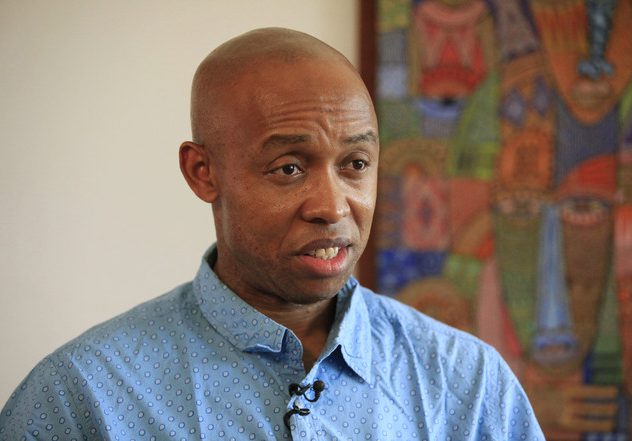President Bola Tinubu has pledged to make significant investments in the Defence Industries Corporation of Nigeria to ensure it achieves its mandates before 2030.
The President added that DICON, since its establishment, had been producing ammunition and equipment to support the Armed Forces and security agencies.
DICON, established in 1964 to bolster national security through the production of weapons, was intended to reduce reliance on foreign arms.
Speaking at the 60th anniversary of DICON in Abuja on Wednesday, Tinubu, who was represented by the Secretary to the Government of the Federation, George Akume, stated that DICON now holds the most significant market potential in Africa.
He said, “DICON was established in 1964 with a visionary mandate to achieve self-reliance in our defence capabilities. Over the past 60 years, this institution has become a cornerstone of Nigeria’s military-industrial complex, producing ammunition and equipment that support our Armed Forces and security agencies.
“We recall with pride that in 1966, barely two years after its establishment, DICON’s ammunition production contributed significantly to the preservation of our country during the civil war, leading to the unity we now enjoy. Today, DICON has the most significant market potential in Africa and is repositioned to leverage the vast potential of the private sector to pursue innovations and technologies that will ramp up our indigenous defence productions.
“To this end, my administration will invest substantially in DICON to ensure it delivers on its mandate efficiently within the 2030 roadmap timeframe. The upgraded capabilities emerging from this strategy will significantly enhance our defence infrastructure, ensuring peace and prosperity for our nation.”
Tinubu stated that he signed the DICON Act to accelerate the growth of the industry and ensure the rapid advancement of DICON.
He said, “My passion to see the speedy growth of DICON and Nigeria’s military industrial complex motivated me to sign the DICON Act 2023 into law within my first six months in office. The right environment has thus been created for DICON to be equipped with modern automated production lines and production systems.”
Tinubu expressed delight at the progress made by DICON in the production of unmanned aerial and land vehicles, among others.
He said, “I am happy to see the progress towards establishing our first uncrewed or unmanned aerial and land vehicle automated production lines. These lofty steps would indeed bring us closer to the rest of the world, and no doubt significantly impact our current efforts to defeat terrorism, banditry, kidnapping, and other violent crimes in our country.”
While stating that national security remained priority for his administration, Tinubu said the insecurity bedeviling the nation required a government and society approach to address it.
He said, “National security remains a top priority of my administration. The contemporary security challenges we face as a nation require tying into the concept of the Whole of Government and Society Approach to resolve them decisively. “
Tinubu also said the newly automated production lines for various categories of ammunition, among others, would provide the armed forces with advanced equipment.
He said, “The newly automated production lines for various categories of ammunition, Mine Resistant Ambush Patrol Vehicles, Armoured Personnel Carrier, drones, and unmanned ground vehicles, for instance, will provide our armed forces with advanced equipment tailored to our contemporary challenges providing our troops with the required advantage over our adversaries. Introducing the BAT A-1 Specialised Assault Rifle and its production line will address small arms proliferation issues while equipping our security operatives with modern fighting capabilities.”
The Minister of State for Defence, Bello Matawalle, said the Federal Government was planning to launch a roadmap for the industry.
He said, “As we move forward into the future, it is imperative that we all work together, the government, industry, academia, and the private sector, to realise the ambitious goals set out in the soon-to-be-launched Vision and Strategy Road Map 2030.
“Today, the challenges we face are complex, but with unity, determination, and innovation, we can overcome them and build a stronger, more self-reliant defence sector that will be a source of pride for Nigeria and a model for other nations.”

 3 months ago
32
3 months ago
32














 English (US) ·
English (US) ·